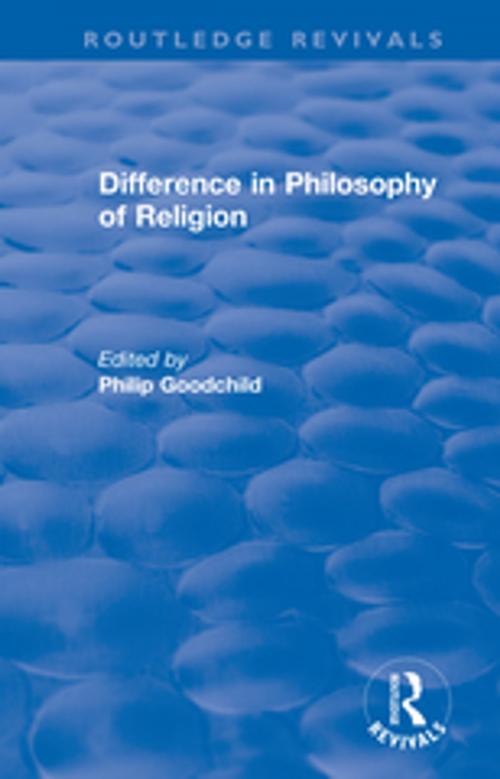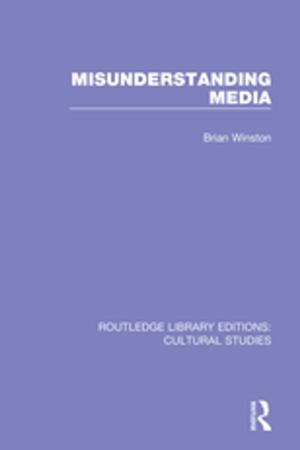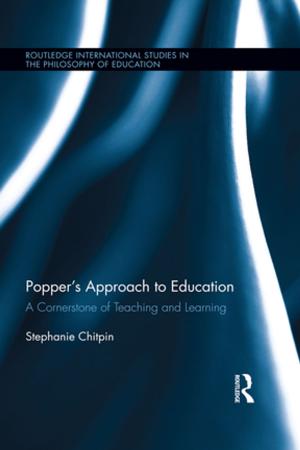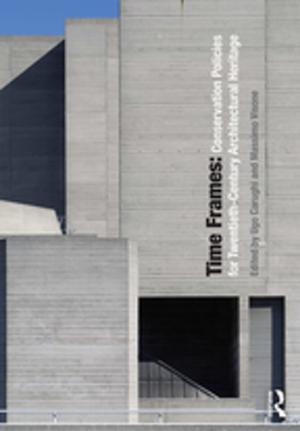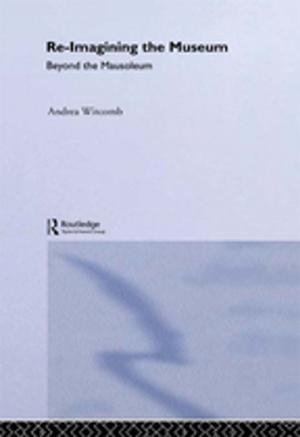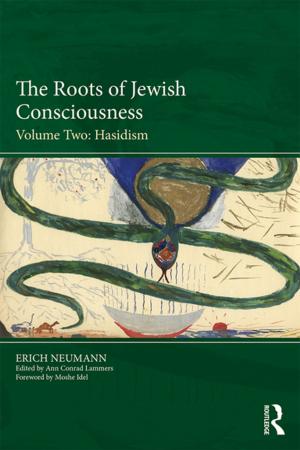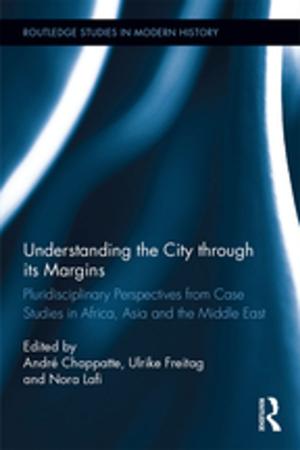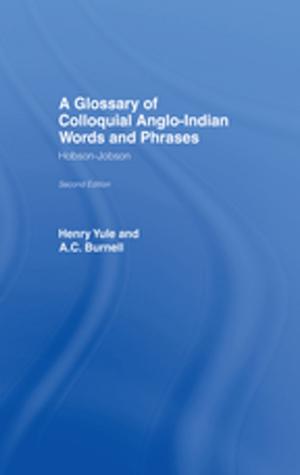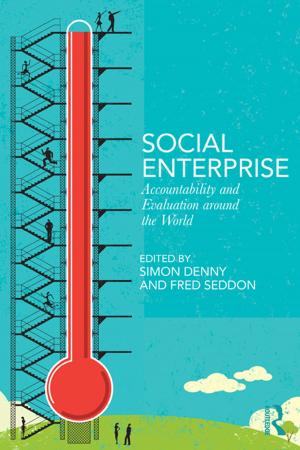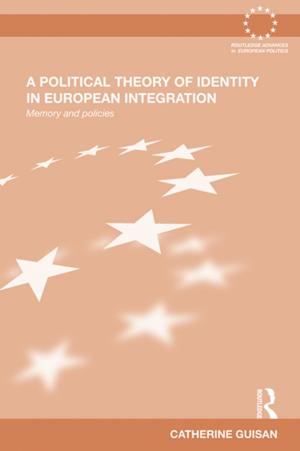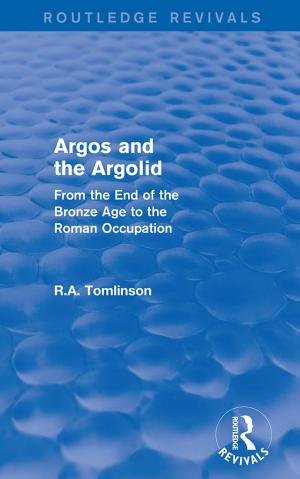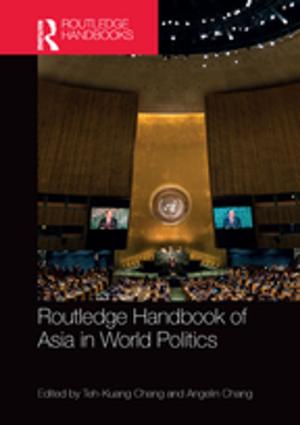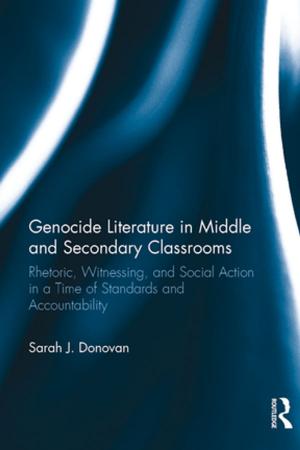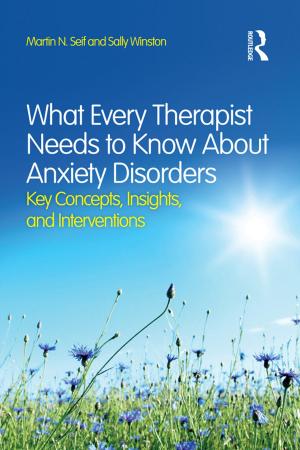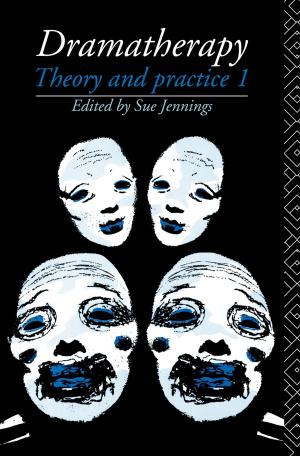| Author: | ISBN: | 9781351724715 | |
| Publisher: | Taylor and Francis | Publication: | November 1, 2017 |
| Imprint: | Routledge | Language: | English |
| Author: | |
| ISBN: | 9781351724715 |
| Publisher: | Taylor and Francis |
| Publication: | November 1, 2017 |
| Imprint: | Routledge |
| Language: | English |
This title was first published in 2003. Can difference be subordinated to identity, simplicity or diversity? Or does it make a difference to the entire way in which we think? This book challenges the dominant agenda in the discipline of philosophy of religion by exploring issues of difference that have hitherto been obscured. It draws together some of the most innovative work in philosophical thinking about religion by some of the most creative and radical new thinkers in the field. Moving beyond debates between believers and skeptics, the contributors draw on critical theory to address differences in rationality, gender, tradition, culture and politics, showing how it is possible to think differently. Assumptions about rational neutrality, belief, tradition, experience and identity that undergird the rational exploration of classical theism are deconstructed. Instead it becomes important to explore a critical ethical reasoning, religious performance, internal religious tensions, location in culture, and a relation to exteriority as the groundwork for a future philosophy of religion.
This title was first published in 2003. Can difference be subordinated to identity, simplicity or diversity? Or does it make a difference to the entire way in which we think? This book challenges the dominant agenda in the discipline of philosophy of religion by exploring issues of difference that have hitherto been obscured. It draws together some of the most innovative work in philosophical thinking about religion by some of the most creative and radical new thinkers in the field. Moving beyond debates between believers and skeptics, the contributors draw on critical theory to address differences in rationality, gender, tradition, culture and politics, showing how it is possible to think differently. Assumptions about rational neutrality, belief, tradition, experience and identity that undergird the rational exploration of classical theism are deconstructed. Instead it becomes important to explore a critical ethical reasoning, religious performance, internal religious tensions, location in culture, and a relation to exteriority as the groundwork for a future philosophy of religion.
